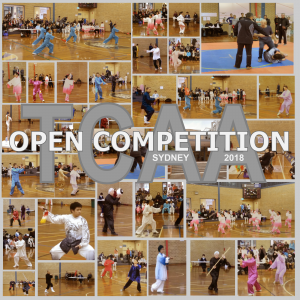On 20 – 24 August 2018, Wushu & Tai Chi NSW team participated in the Hong Kong International Wushu Competition. There were both modern and traditional Wushu, Health Qigong and contact events. Around two thousand people in more than 170 teams from various countries including Canada, Portugal, Malaysia, Greece, India, South Africa and, of course, China, took part in this annual tournament.
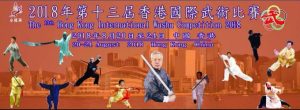
Our small team of six from Australia did very well having won a number of medals in Tai Chi (including weapons) and Health Qigong. Big thanks to the Wushu & Tai Chi NSW for supporting and training the team for this competition. Well done, everyone!
[ngg_images source=”galleries” container_ids=”17″ display_type=”photocrati-nextgen_basic_thumbnails” override_thumbnail_settings=”1″ thumbnail_width=”120″ thumbnail_height=”90″ thumbnail_crop=”0″ images_per_page=”20″ number_of_columns=”0″ ajax_pagination=”0″ show_all_in_lightbox=”0″ use_imagebrowser_effect=”0″ show_slideshow_link=”0″ slideshow_link_text=”[Show slideshow]” order_by=”sortorder” order_direction=”ASC” returns=”included” maximum_entity_count=”500″]

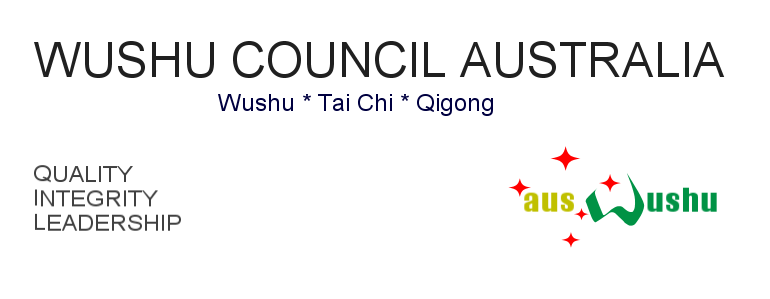
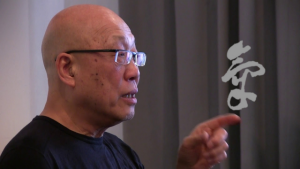
 Howard Choy (Cai Hong 蔡洪), B.Arch. (UNSW), ex. Chief Instructor and Principal of the Sydney Tai Chi and Qigong Centre, was born in China more than 60 years ago and migrated to Australia at an early age. He has kept his language and culture intact through his continual involvement with Tai Chi, Qigong, Choy Lee Fut Kung Fu and Feng Shui throughout his life. Howard is now based in Berlin and teaches mainly in Europe but visits Australia from time to time.
Howard Choy (Cai Hong 蔡洪), B.Arch. (UNSW), ex. Chief Instructor and Principal of the Sydney Tai Chi and Qigong Centre, was born in China more than 60 years ago and migrated to Australia at an early age. He has kept his language and culture intact through his continual involvement with Tai Chi, Qigong, Choy Lee Fut Kung Fu and Feng Shui throughout his life. Howard is now based in Berlin and teaches mainly in Europe but visits Australia from time to time.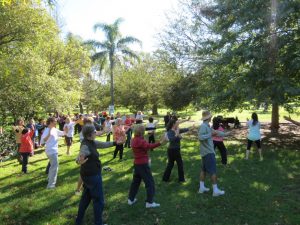 In the March, 2017 edition of the Tai Chi Association of Australia newsletter I wrote about the benefits of tai chi chuan for mental health and commented on published survey data from the USA by Dr. Romy Lauche* and colleagues (2016) which highlighted differences in U.S. participation rates between yoga and tai chi. At the time I noted that similar rates on participation for tai chi in Australia were difficult to obtain as the Australian Bureau of Statistics (ABS), in its Participation in Sport and Physical Activity report of 2012, grouped participation data for “Tai Chi” under the category of “Martial Arts” together with data for other martial arts such as kungfu, karate and taekwondo etc., whereas yoga was given its own distinct category for participation data. My point was that it would be helpful for the Australian tai chi community to have easier access to this information so that we can assess where we are now and consider how to best promote tai chi’s physical and mental health benefits into the future.
In the March, 2017 edition of the Tai Chi Association of Australia newsletter I wrote about the benefits of tai chi chuan for mental health and commented on published survey data from the USA by Dr. Romy Lauche* and colleagues (2016) which highlighted differences in U.S. participation rates between yoga and tai chi. At the time I noted that similar rates on participation for tai chi in Australia were difficult to obtain as the Australian Bureau of Statistics (ABS), in its Participation in Sport and Physical Activity report of 2012, grouped participation data for “Tai Chi” under the category of “Martial Arts” together with data for other martial arts such as kungfu, karate and taekwondo etc., whereas yoga was given its own distinct category for participation data. My point was that it would be helpful for the Australian tai chi community to have easier access to this information so that we can assess where we are now and consider how to best promote tai chi’s physical and mental health benefits into the future.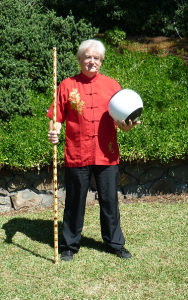 Brian Corless is a (recently retired) Clinical Psychologist and now full-time Tai Chi practitioner on the South Coast of NSW. He trains in Tai Yi Taijiquan with Sifu Wang Yunkuo in Sydney.
Brian Corless is a (recently retired) Clinical Psychologist and now full-time Tai Chi practitioner on the South Coast of NSW. He trains in Tai Yi Taijiquan with Sifu Wang Yunkuo in Sydney.